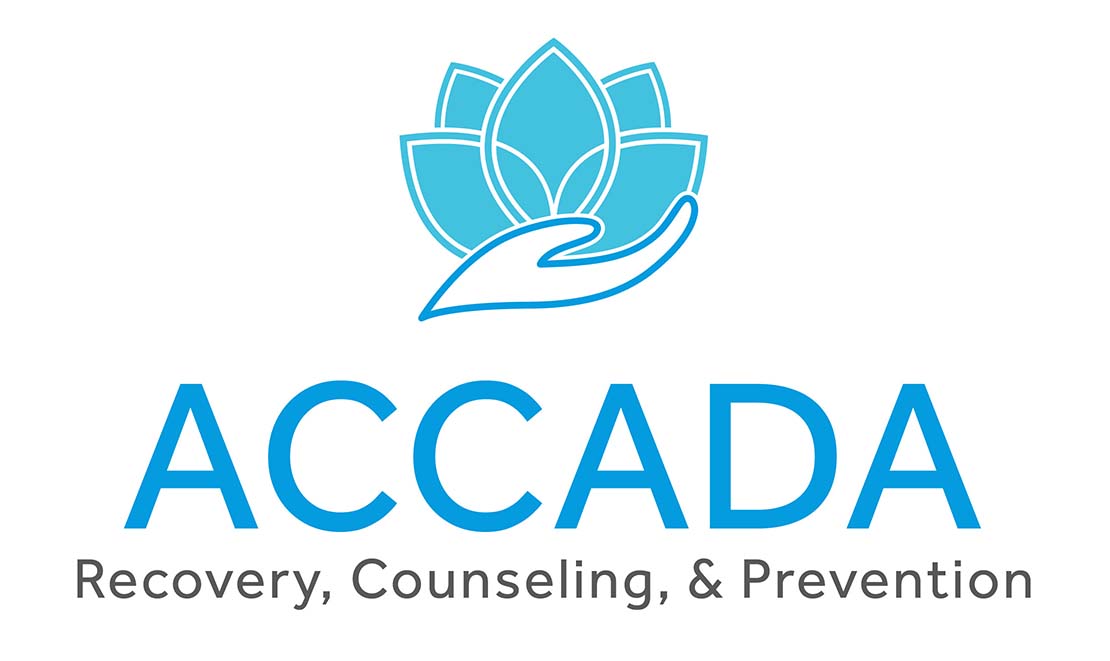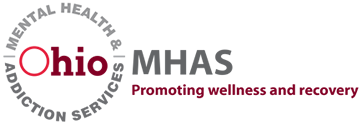5 Tips for Making Your Sobriety Resolution Stick

You’re not alone in feeling that getting and staying sober is hard. Substance misuse changes your brain chemistry, meaning your neurons are physically altered and avoiding substances is extremely challenging without the right course of action.
But, a new year offers a chance for a fresh start and a stronger you. If you’ve made sobriety your goal, or are considering taking steps to sobriety, here are some tips to help you succeed in becoming a healthier version of yourself this year.
1. Set Smaller, Obtainable Goals First
One of the most common reasons a New Year’s Resolution fails is due to setting too broad of goals that aren’t achievable. Not being able to reach large goals can be discouraging and often results in a person falling back into old habits. Setting smaller, more manageable goals allows you to make consistent progress leaving you feeling motivated to keep going. When working towards sobriety, start by setting a small goal each day that you know you can achieve, and work your way up to harder steps for longer durations.
2. Identify your Support People
Having supportive people around you when you're working through recovery can make a big difference. Whether it’s family, friends, or a professional, such as a therapist, they help remind you that you don’t have to do it alone. You may also consider joining a support group, such as Alcoholics Anonymous, with peers going through similar struggles. They’re there to listen, encourage you when things get tough, and celebrate the little wins along the way. These people give you the strength to keep going, especially on the hard days, and hold you accountable in a caring way.
3. Recognize Your Triggers & Relapse Warning Signs
Preventing relapse starts with understanding both the warning signs and your personal triggers. Relapse happens in three phases (emotional, mental, and physical) and often begins before you actually use substances. Warning signs include returning to addictive thinking, engaging in self-sabotaging behaviors, and finding yourself in situations where using feels like an escape. To avoid relapse, it’s important to identify your personal triggers, both external (like people, places, and situations) and internal (like stress, emotions, or thoughts). Common triggers might include stress, relationship problems, or being around people who use substances. By recognizing these triggers and planning how to cope with or avoid them, you can stay on track and protect your recovery.
4. Practice a Healthy Lifestyle
Adopting a healthy lifestyle is crucial for building a strong foundation for recovery. One of the most effective strategies is creating a structured daily schedule that keeps you busy and focused, reducing the chances of free time that could lead to temptation. Filling your day with healthy routines like regular exercise, nutritious meals, and quality sleep helps boost your physical and mental well-being. It's also important to incorporate relaxation techniques, like deep breathing, meditation, or mindfulness to manage stress and avoid the emotional triggers that could lead to relapse.
5. Celebrate Milestones
Celebrating milestones and small wins is a great way to stay motivated and committed to your sobriety journey. Recovery is a long process and can often be overwhelming, so taking time to acknowledge even the smallest achievements helps build momentum and boosts your confidence. Consider treating yourself to something you enjoy, spending quality time with loved ones, or just taking a moment to reflect on how far you've come. These celebrations remind you that each step forward matters and that you're capable of staying on track, one day at a time.
Achieving Sobriety can be a challenge, but it’s worth it for yourself and those who care about you. Connect with us to start your journey toward recovery today. We’re here to help you.



